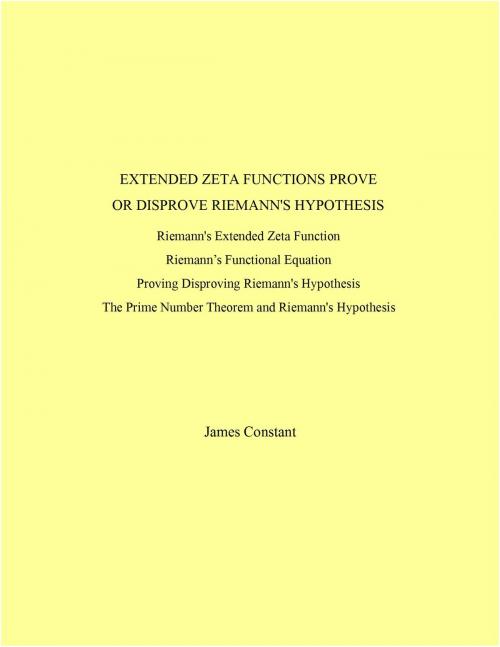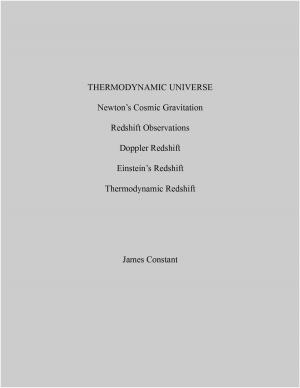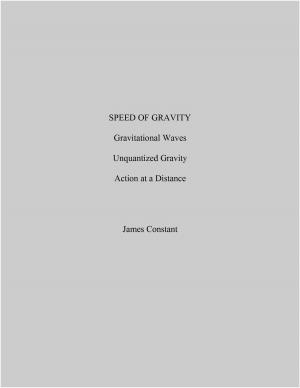Extended Zeta Functions Prove or Dis-prove Riemann's Hypothesis
Nonfiction, Science & Nature, Mathematics, Number Theory| Author: | James Constant | ISBN: | 9781311414205 |
| Publisher: | James Constant | Publication: | February 17, 2015 |
| Imprint: | Smashwords Edition | Language: | English |
| Author: | James Constant |
| ISBN: | 9781311414205 |
| Publisher: | James Constant |
| Publication: | February 17, 2015 |
| Imprint: | Smashwords Edition |
| Language: | English |
While extended zeta functions support investigations of Riemann's hypothesis and estimates for the Prime Number Theorem, some zeta functions offer better prospects for providing easy proofs, or disproofs. In 1859, Riemann had the idea to define Euler’s function ε(x)=∑m^x for all complex numbers s=x+iy by analytic extension. This extension is important in number theory and plays a central role in the distribution of prime numbers. There are a number of ways of extending Euler's zeta function ζ(s) to points where 0≤x≤1. Because ζ(s) is an alternating series, it becomes possible to prove or disprove Riemann's Hypothesis.
While extended zeta functions support investigations of Riemann's hypothesis and estimates for the Prime Number Theorem, some zeta functions offer better prospects for providing easy proofs, or disproofs. In 1859, Riemann had the idea to define Euler’s function ε(x)=∑m^x for all complex numbers s=x+iy by analytic extension. This extension is important in number theory and plays a central role in the distribution of prime numbers. There are a number of ways of extending Euler's zeta function ζ(s) to points where 0≤x≤1. Because ζ(s) is an alternating series, it becomes possible to prove or disprove Riemann's Hypothesis.















